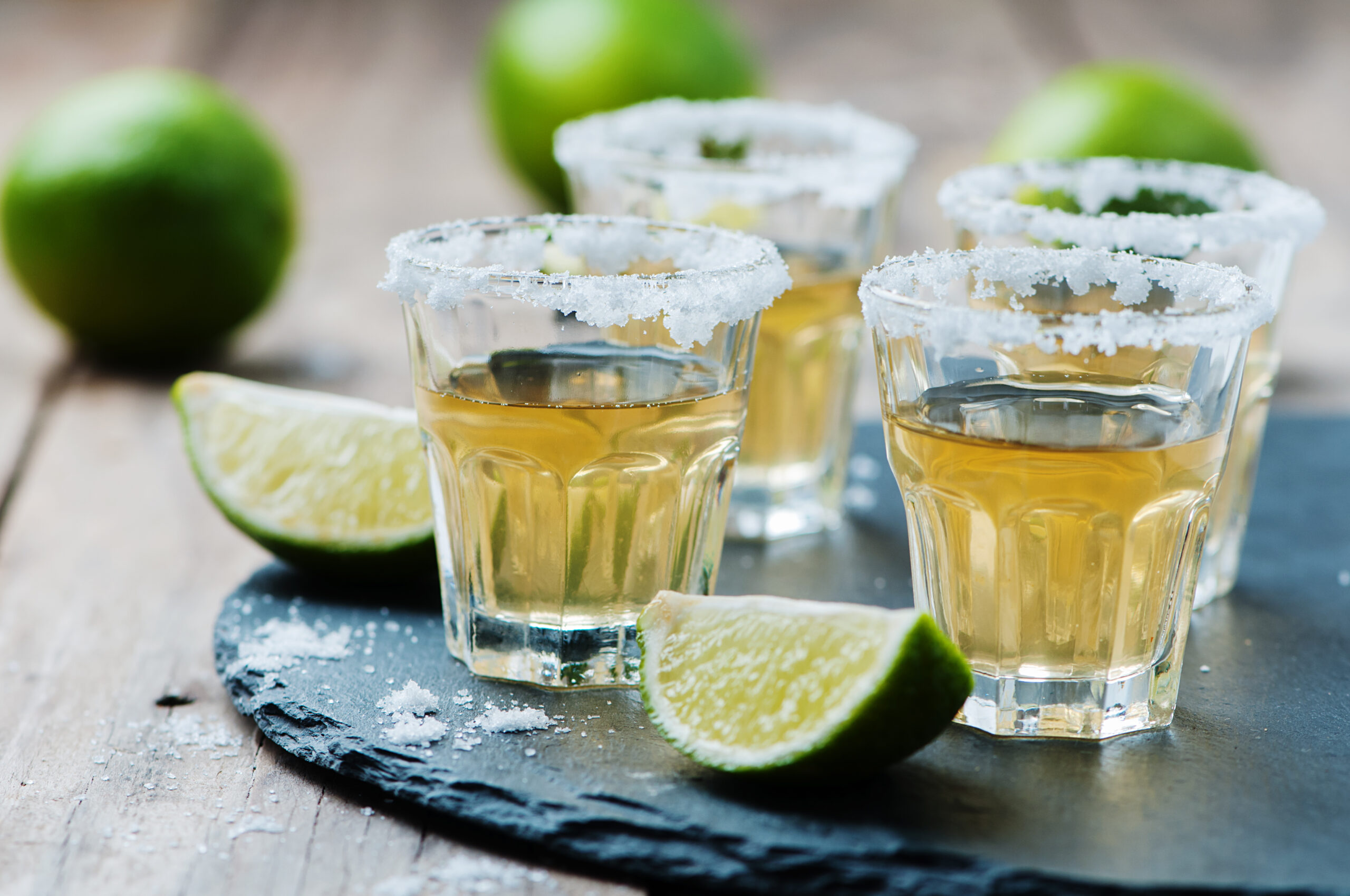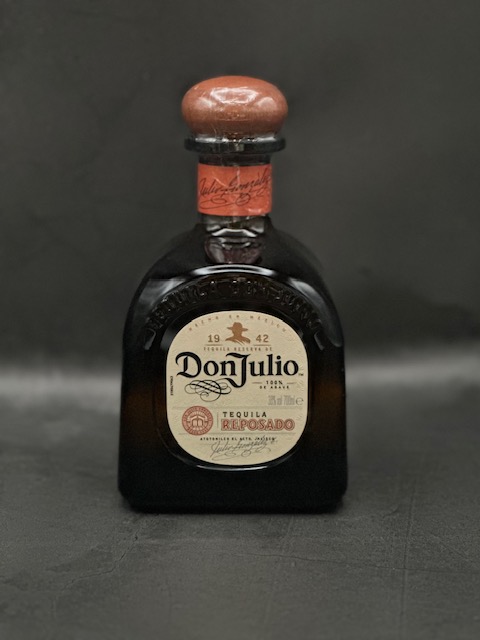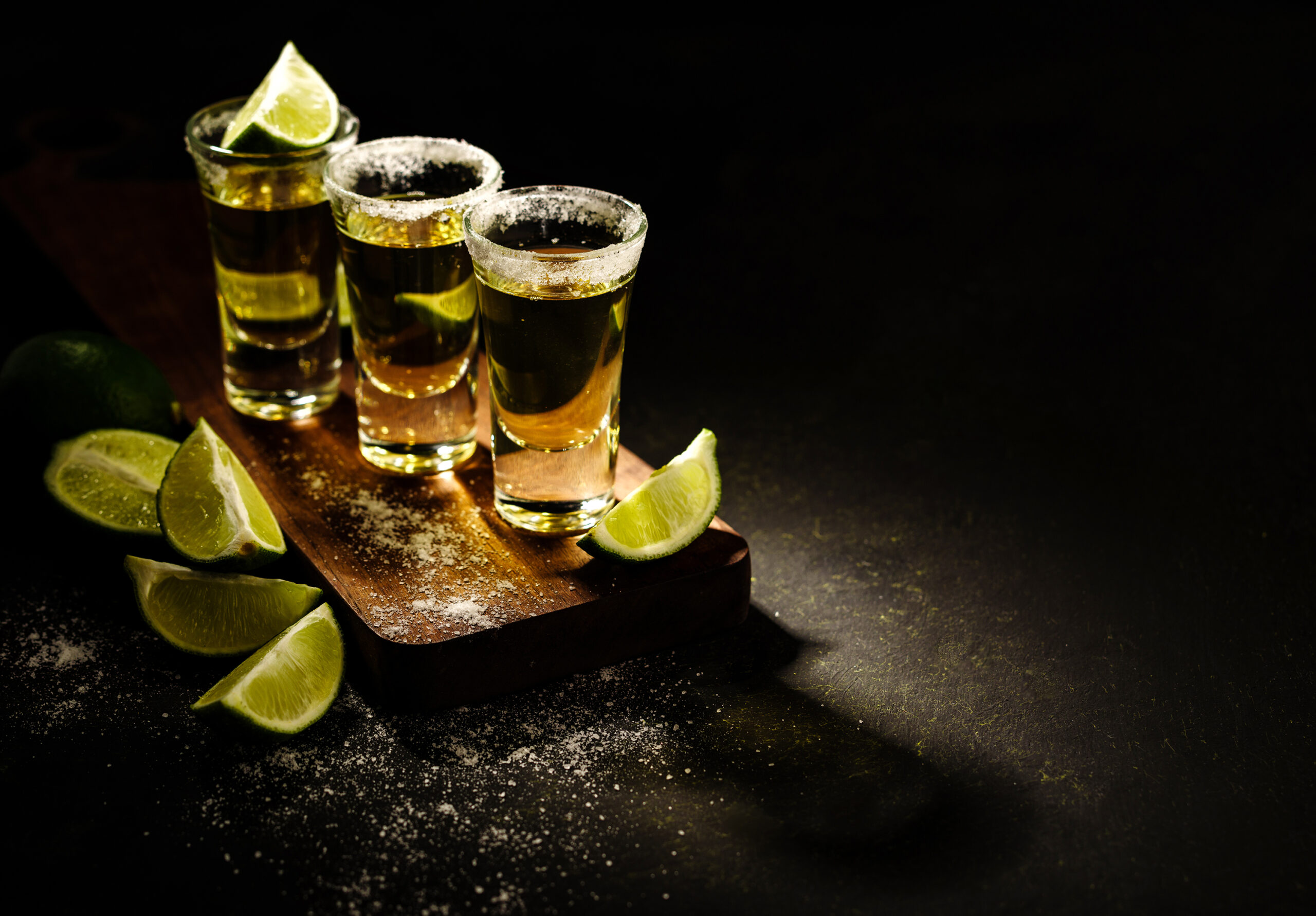Tequila, which is sold on DJC Trading’s website here, a spirit with a rich and vibrant history, holds a special place in the hearts of many around the world. From its humble origins in the agave fields of Mexico to its global popularity today, the story of tequila is one of tradition, innovation, and cultural significance.
The roots of tequila can be traced back to pre-Columbian times when the indigenous peoples of Mexico discovered the fermenting properties of the agave plant. The agave, a spiky succulent native to the region, was revered by ancient civilizations for its versatility and sacred properties. These early civilizations, including the Aztecs and the Teuchitlans, fermented the sweet juice of the agave plant to produce a crude form of alcohol known as pulque.
The transformation of pulque into the refined spirit we now know as tequila began with the arrival of Spanish conquistadors in the 16th century. Seeking to replicate their European distillation techniques, the Spanish settlers introduced the process of distillation to Mexico. They began distilling agave wine, known as “vino mezcal,” using copper pot stills brought over from Europe. This distilled beverage was the precursor to modern-day tequila.
The town of Tequila, located in the western state of Jalisco, soon emerged as the epicenter of tequila production. Its fertile volcanic soil and ideal climate provided the perfect conditions for cultivating blue agave, the primary ingredient in tequila. Over time, the production of tequila became more refined, with distillers experimenting with different agave varieties and distillation methods.
In 1758, the first known commercial tequila distillery, the Jose Cuervo Hacienda, was established by José Antonio de Cuervo y Valdés. This marked a significant milestone in the history of tequila, as it paved the way for the mass production and distribution of the spirit. Other prominent tequila distilleries, such as Sauza and Herradura, soon followed suit, further solidifying tequila’s place in Mexican culture.
Throughout the 19th and 20th centuries, tequila continued to grow in popularity both domestically and internationally. It became an integral part of Mexican identity, celebrated during festivals and ceremonies and enjoyed in homes and cantinas across the country. Tequila also gained recognition abroad, particularly in the United States, where it became synonymous with margaritas and other popular cocktails.
In 1974, the Mexican government officially recognized tequila as a Denomination of Origin (DO), establishing strict regulations governing its production and ensuring that only spirits made from blue agave in designated regions could bear the name “tequila.” This designation helped protect the integrity of tequila and distinguish it from other agave-based spirits.
The late 20th and early 21st centuries saw a resurgence of interest in tequila, fueled by growing demand for premium and artisanal spirits. Craft distilleries emerged, producing small-batch tequilas that showcased the unique flavors and characteristics of different agave varieties and production techniques. This renewed focus on quality and authenticity elevated tequila to new heights of sophistication and acclaim.
Today, tequila enjoys a prominent place in the global spirits market, with sales continuing to rise year after year. It is celebrated not only for its rich history and cultural significance but also for its versatility in cocktails and its complex flavors when sipped neat or on the rocks. From the agave fields of Jalisco to the bars of New York City, the story of tequila is one of resilience, adaptation, and enduring appeal.




